EPE Network: Attendees
16 -18 June 2025
London School of Economics, London, UK
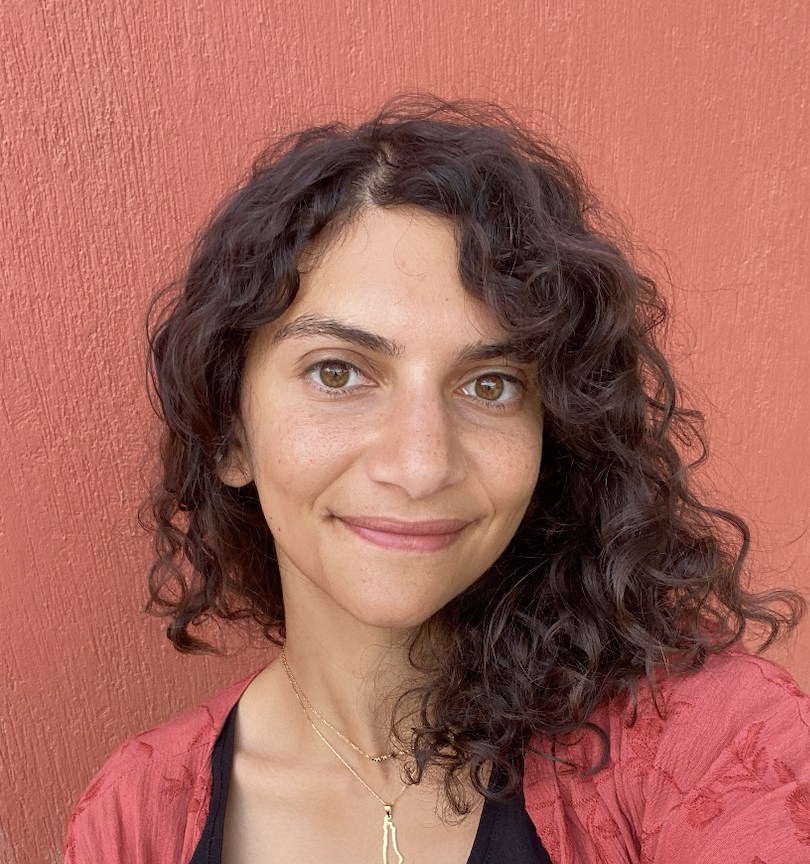
Nadine Abd El Razek is the Outreach Officer for the Pathways Beyond Neoliberalism: Voices from MENA project at the American University in Cairo’s School of Global Affairs and Public Policy (GAPP). Her research interests are urban inequality, informality, and displacement, specifically from a legal sociology perspective. Nadine’s academic background includes an LLM in International and Comparative Law from the American University in Cairo and an Honours Bachelor of Arts from the University of Toronto, where she pursued a double major in Sociology and Political Science.
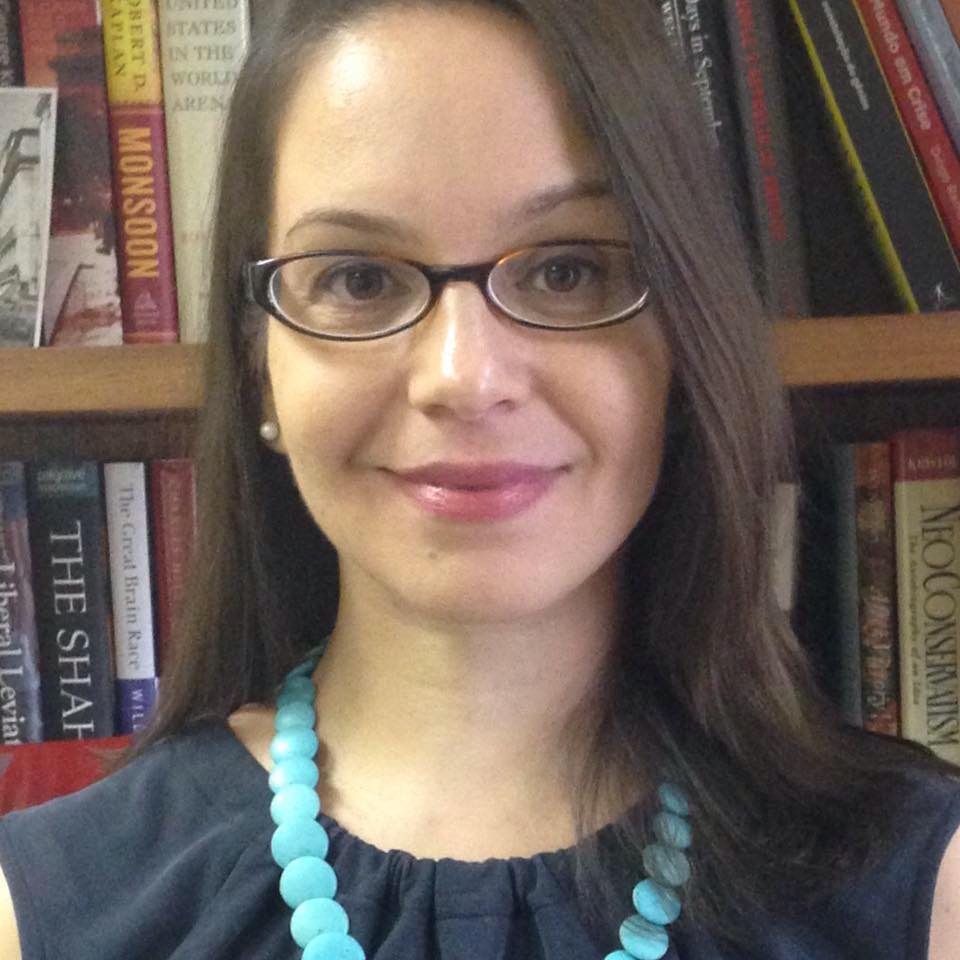
Adriana Erthal Abdenur, Global Fund for a New Economy, is a Brazilian social scientist with extensive experience in international security. She is a co-founder and the executive director of Plataforma CIPÓ, dedicated to climate peace building and sustainable development in Latin America and the Caribbean.
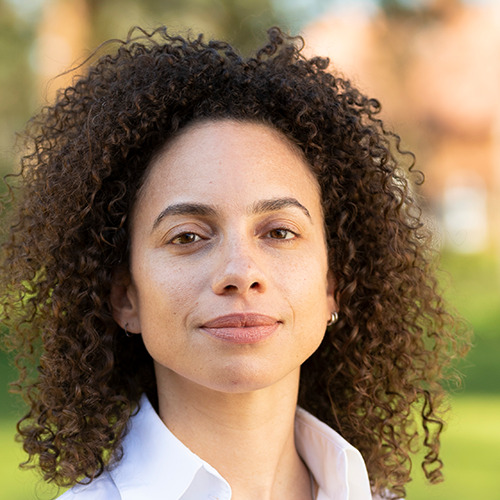
Dr Carolina Alves, Institute for Innovation and Public Purpose (IIPP) – University College London, is an economist by training whose influences are rooted in intellectual traditions such as Classical Political Economy, Latin American Structuralism and Dependency Theory, Marxian and Kaleckian macroeconomics, and the new Cambridge Tradition, particularly the contributions of Joan Robinson and Tony Lawson. These foundations firmly place her within the field of heterodox economics. Before joining IIPP at UCL, Carolina was awarded a prestigious and highly competitive five-year Research Fellowship at Girton College (pos-doc), University of Cambridge, UK, where she held the title of Joan Robinson Research Fellow in Heterodox Economics.
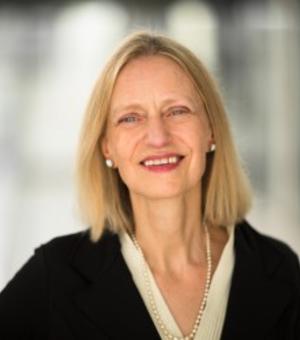
Janine Aron is a Senior Research Fellow at the Institute for New Economic Thinking at the Oxford Martin School, an Associate Member of Nuffield College, Oxford and a Member of the Centre for the Study of African Economies, Department of Economics, Oxford. She obtained her Bachelor, Honours and Master degrees in Chemistry from the University of the Witwatersrand in South Africa, and her M.Phil and D.Phil degrees in Economics from Oxford University
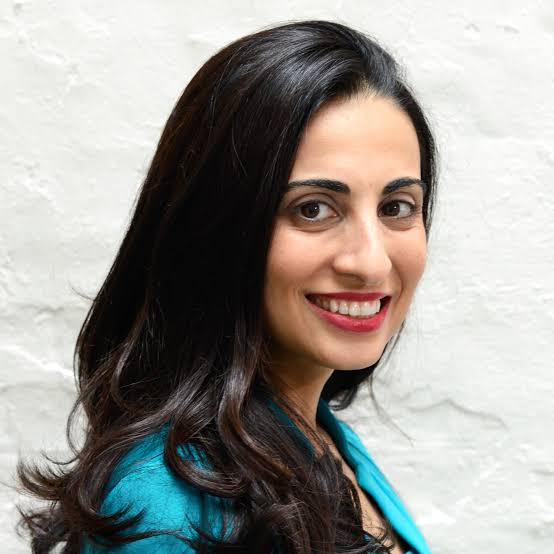
Nava Ashraf is Professor of Economics at the London School of Economics and Political Science. She is also Co-Director of the Psychology and Economics program at STICERD, and Founder and Director of the Altruistic Capital Lab in the LSE Department of Economics.
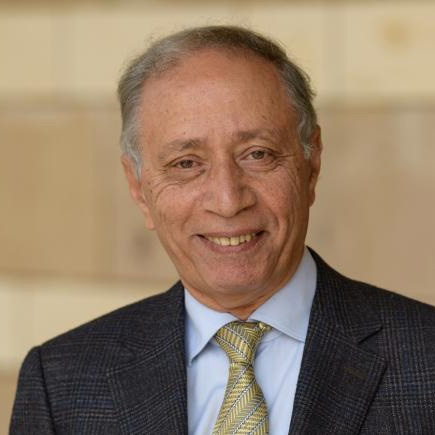
Ibrahim Awad is currently a professor of Practice of Global Affairs and director of the Center for Migration and Refugee Studies, School of Global Affairs and Public Policy, at The American University in Cairo (AUC). He holds a BA degree in political science from Cairo University and a PhD degree in political science from the Graduate Institute of International Studies, University of Geneva, Switzerland.
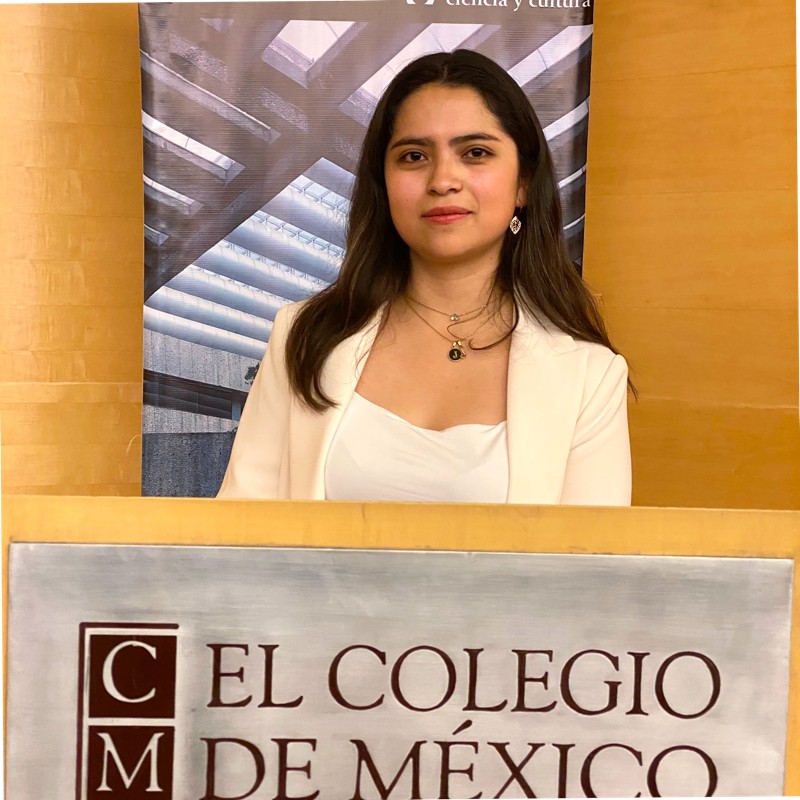
Josselyn Barranco-Santamaria is Project Manager of the “Reimagining Capitalism” initiative at PRAEM–COLMEX. She holds a Master’s degree in Economics from El Colegio de México. She is interested in research, teaching, and data analysis. Her areas of interest include discrimination and inequality, labor economics, gender in the economy, and health economics.”
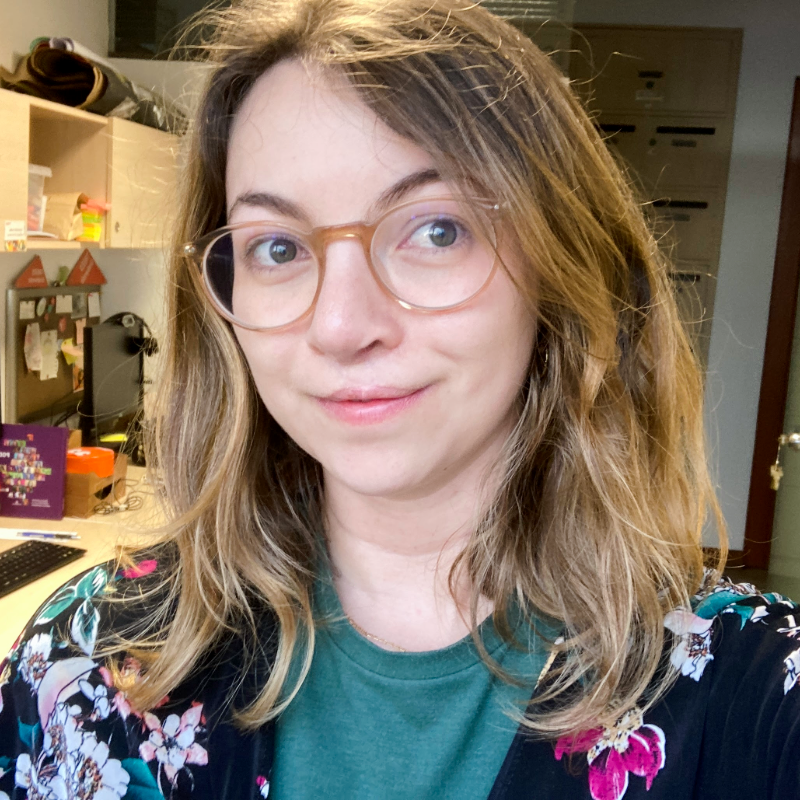
Angie Bautista Silva is the Communications Officer for the TREES (Teaching and Researching Equitable Economics from the South) initiative at the Center for Economic Development Studies (CEDE), Faculty of Economics, Universidad de los Andes. She develops and leads communication strategies that seek to build new narratives about inequality and make academic research accessible to audiences beyond academia, including policymakers, civil society, and the wider public.
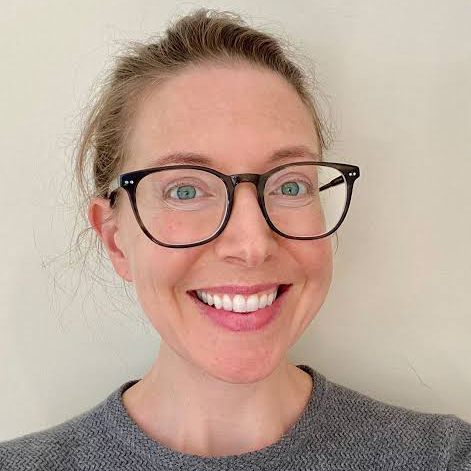
Amanda Behm is Associate Director at BESI, where she oversees ideas exchange, research cluster and graduate program support, and wider outreach. A trained historian, her research interests are in British and American politics, comparative imperial and anticolonial history, race and democracy, and historical political economy.
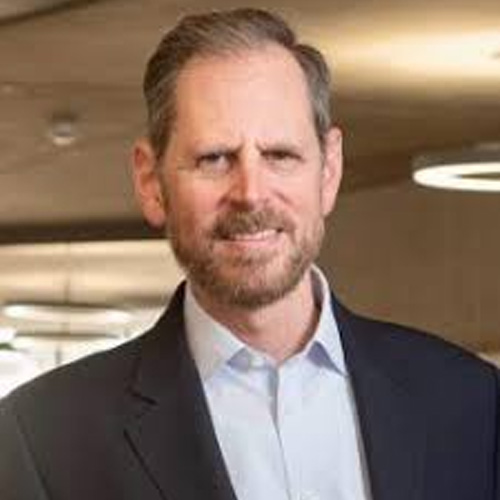
Eric Beinhocker is a Professor of Public Policy Practice at the Blavatnik School of Government, University of Oxford. He is also the founder and Executive Director of the Institute for New Economic Thinking at the University’s Oxford Martin School. INET Oxford is an interdisciplinary research center dedicated to the goals of creating a more inclusive, just, sustainable, and prosperous economy. Beinhocker is also a Supernumerary Fellow in Economics at Oriel College and an External Professor at the Santa Fe Institute.
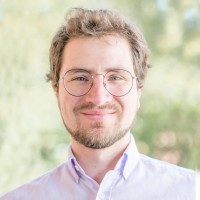
Juan Pablo Castilla is an Economist with a Master’s degree in Economics from Universidad de los Andes. He is currently the Teaching Co-Ordinator with TREES (Teaching and Research Equitable Economics from the Global South).
Previously, he served as a high school economics professor and currently teaches Introduction to Economics and Microeconomics at Universidad de los Andes.
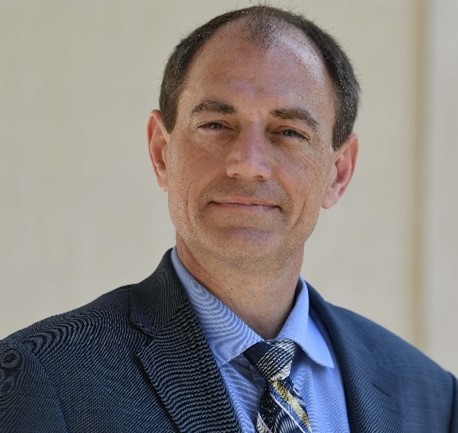
David Caughlin is the Project Director of the Center for Political Economy (CPE) at Columbia University, where he oversees all activities of the Center, reviews expenditures and reports to donors. Previously, David worked at Columbia’s School of International and Public Affairs (SIPA) where he served as the Associate Director for the MPA in Economic Policy Management (PEPM) and the Center on Global Economy and Governance (CGEG).
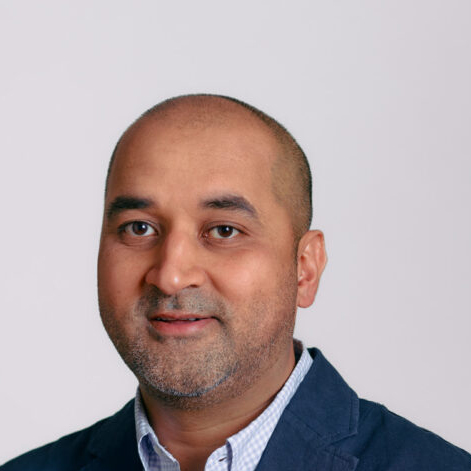
Anmol Chaddha serves as a principal at Omidyar Network. In this role, he leads work on economic inequality with a particular focus on jobs and workers, especially as it relates to ongoing technological change.
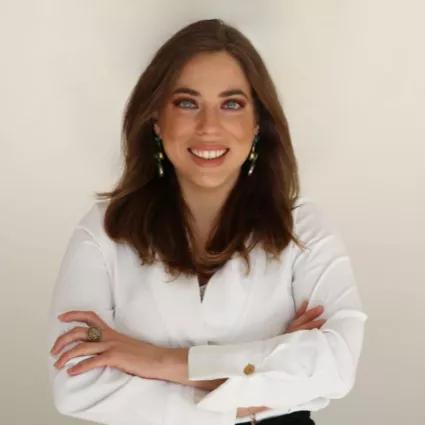
Marcela Chapa Garza is the Project Manager of the Strategic Economics Alliance at the Institute for Innovation and Public Purpose (IIPP), University College London. She formerly directed the School of International Affairs of Anahuac University in Queretaro, Mexico where she managed the master’s degree in Social Responsibility, the Bachelor’s programme of International Affairs and developed a Bachelor’s degree in Socioeconomic and Ecological Transformation.
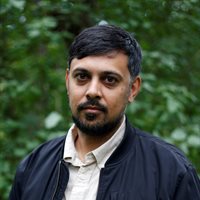
Aroop Chatterjee leads the research agenda on wealth inequality at the Southern Centre for Inequality Studies (SCIS) at the University of the Witwatersrand. Aroop is currently developing a strategy to bring disparate streams of related research across disciplines and countries under the lens of wealth inequality. He is also focused on using new and existing data to develop wealth distribution in South Africa.
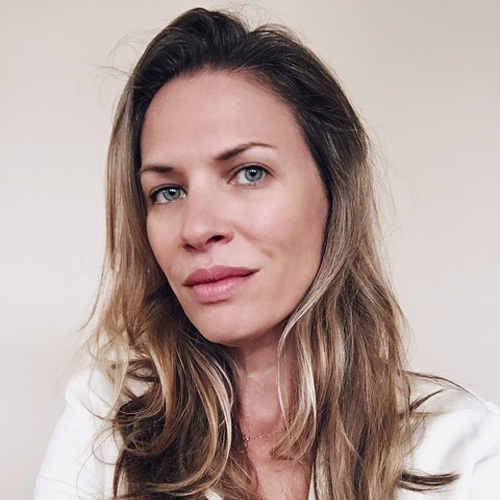
Tui Shaub Cord is Principal, Strategic Engagement and Emergent Issues at Omidyar Network. Previously, she was Associate Director at the Berggruen Institute for the Transformations of the Human program and served as articles editor for World Affairs and Noema.
Tui holds an M.A. in US Studies (History and Politics) from University College London and a B.A. in Politics, Philosophy, and History from Birkbeck College, University of London.
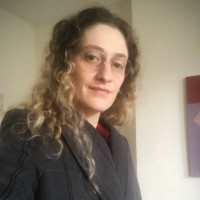
Emma Cytrynbaum is the Program Coordinator for the Center for Economy and Society at Johns Hopkins University. She is a lecturer and advisor in the Moral and Political Economy major. Her research interests are in political theory, with a focus on the politics of digital media, surveillance, and policing in the United States.
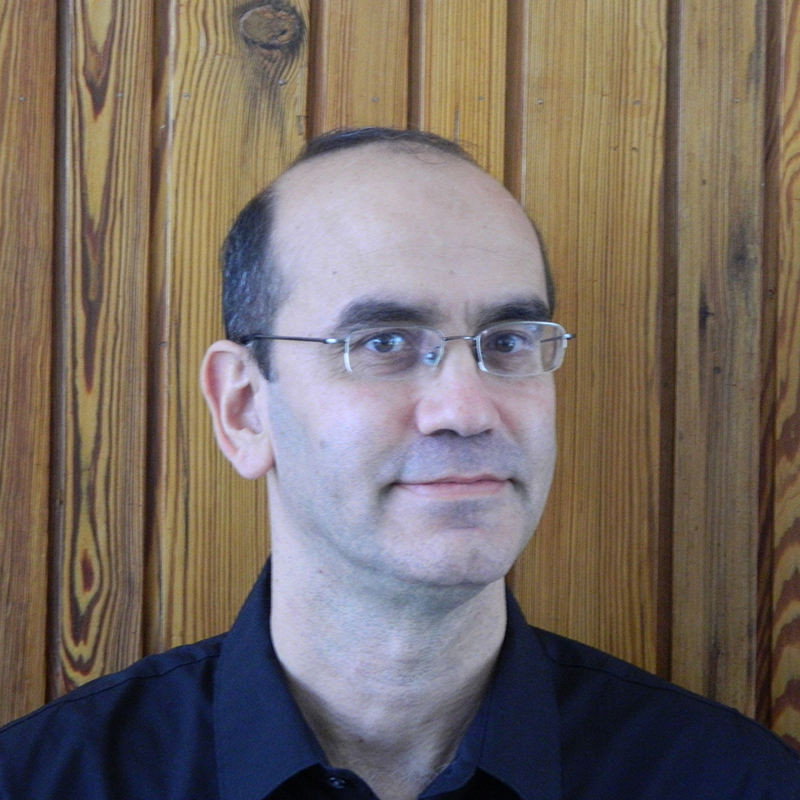
David Dequech holds a Ph.D. in Economics from the University of Cambridge. He has been a visiting scholar at Duke, Stanford, Max Planck Institute for the Study of Societies, and the University of Paris Nanterre, associate editor of the Journal of Economic Behavior and Organization and the Review of Social Economy, and a member of the editorial board of the Journal of Economic Issues.
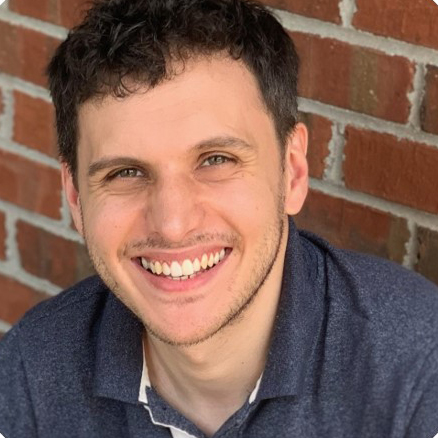
Tony Ditta is a Research Translation Associate for Reimagining the Economy Initiative at Harvard University.
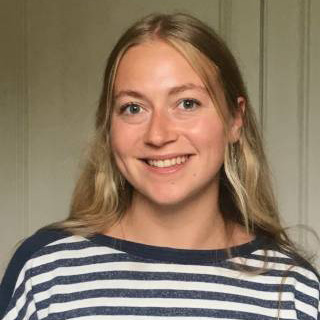
Francesca Edgerton is a Deputy Head of Policy at the UCL Institute for Innovation and Public Purpose (IIPP).
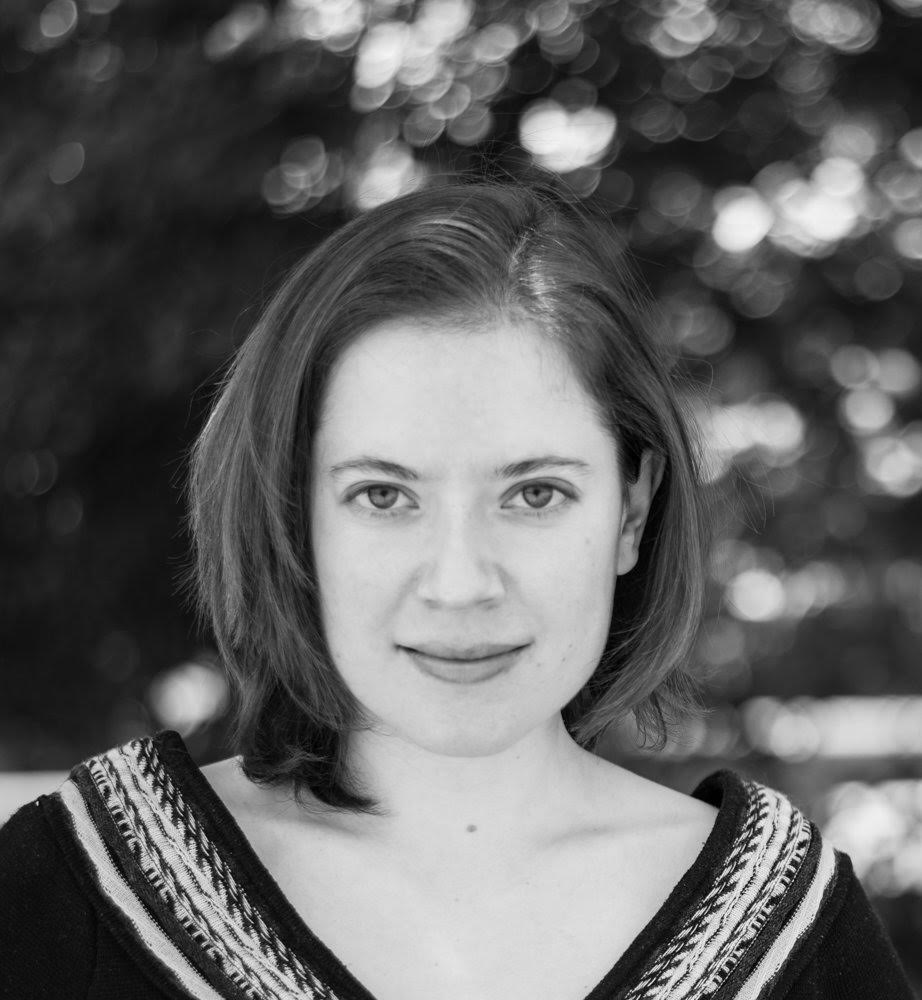
Isabel Estevez is an institutional and development economist focusing on the dynamics of economic transformations, nature-economy relationships, and green transitions. Her background combines academic research and years of experience advising governments, multilaterals, and advocacy organizations on the design of transformative industrial policies to promote human and natural flourishing. She is Co-Executive Director of the industrial policy think tank i3T, Senior Advisor at the Global Fund for a New Economy, Senior Research Advisor at Oxford University’s TIDE center, and a Fellow at the Climate and Community Institute.
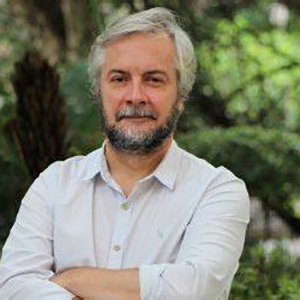
Arilson Favareto is a Professor of Economics and Sociology at the Federal University of ABC Region (UFABC) and a Researcher at the Brazilian Centre of Analysis and Planning (Cebrap). In the last years he has worked on issues involving territorial development, social participation and the institutions for sustainable development of brazilian rural regions.
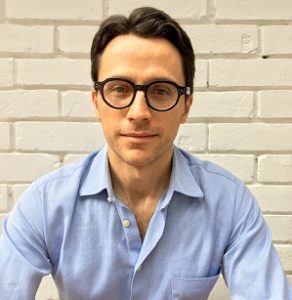
Leopoldo Fergusson (PhD, MIT) is Associate Professor at the School of Economics in Universidad de los Andes. He has been a Santo Domingo Visiting Scholar (2015) at the David Rockefeller Center for Latin American Studies (DRCLAS) at Harvard University, Visiting Scholar (2017) at the Pearson Institute for the Study and Resolution of Global Conflicts at the University of Chicago and Visiting Associate Professor of Economics at MIT (2018). His research focuses on political economy and development economics.
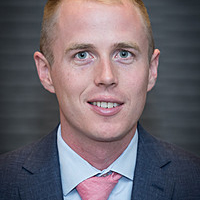
David Francis is the Deputy Director at the Southern Centre for Inequality Studies, and a PhD candidate in Economics at Wits University. His research interests focus on labour market economics, the informal economy, and inequality. He was the researcher for the Advisory Panel on the minimum wage in South Africa. He has previously worked as a development consultant, and a policy and budget analyst at South Africa’s National Treasury, where he worked in health and social policy. He has an MA in development studies from the University of KwaZulu-Natal, and a bachelor of social sciences in economics and history from the University of Cape Town.
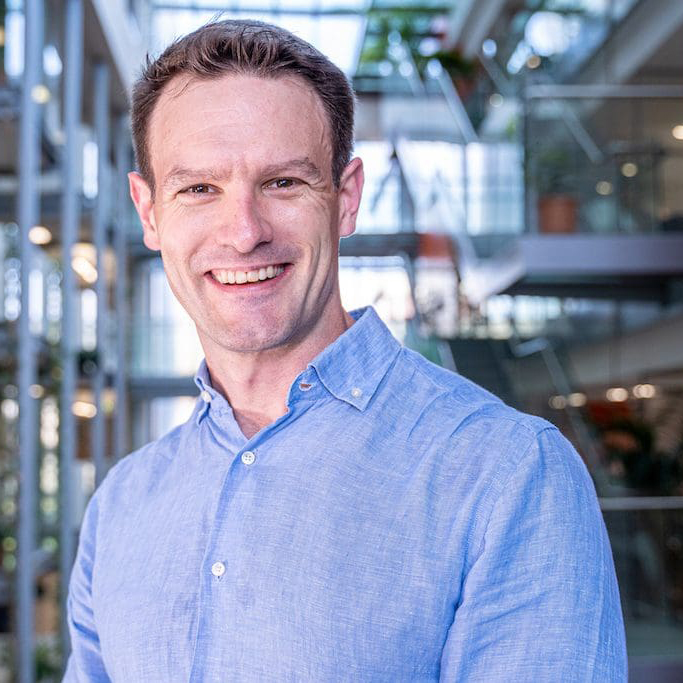
Simon Halliday, The Center for Economy and Society, Johns Hopkins University, conducts research in behavioral and experimental economics, with a focus on social preferences (reciprocity and social norms) and institutions (ratings, punishment, communication). He also does economics education, and he has co-authored (with Samuel Bowles) an intermediate-level microeconomics textbook: Microeconomics: Competition, Conflict, and Coordination (OUP, 2022).
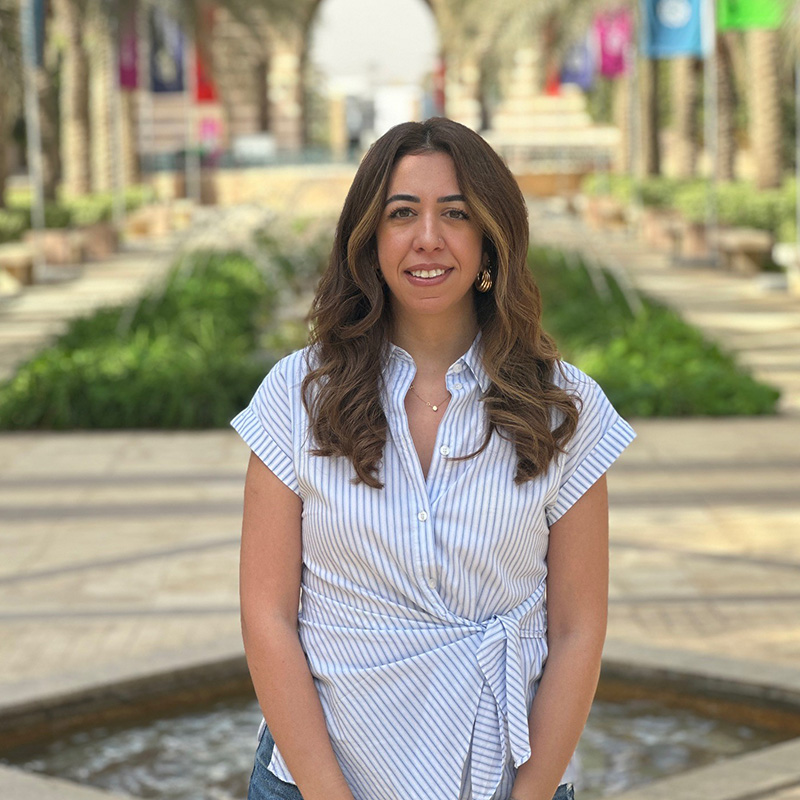
Ingy Higazy is the Research Manager for Pathways Beyond Neoliberalism: Voices from the Middle East and North Africa (MENA), a Ford Foundation-funded project based at the American University in Cairo (AUC), where she is also Assistant Professor of Middle East Studies. She holds a PhD in Politics from the University of California, Santa Cruz (UCSC).
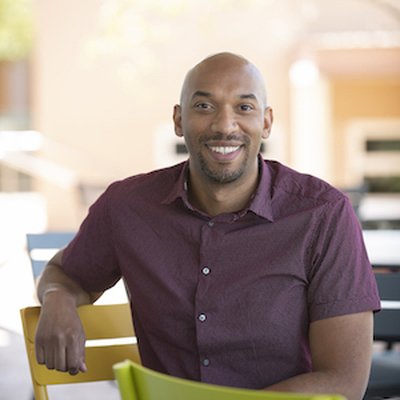
Travis Holmes serves as the Project Manager of the Emergent Political Economies project at the Santa Fe Institute. An alumnus of two SFI summer schools – the Complex Systems Summer School and Complexity-GAINs – he embraces SFI’s vision of using rigorous research and out-of-the-box thinking to address real-world problems. Prior to returning to graduate school, Travis’ eclectic background includes military service, law enforcement experience, teaching, and working in international education.
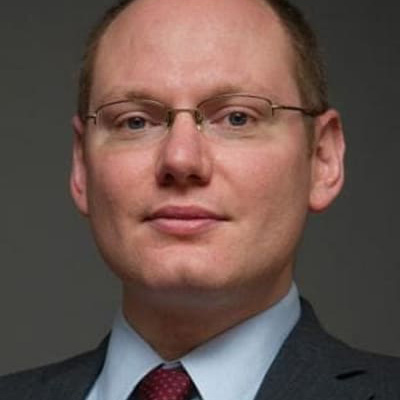
Louis Hyman, The Center for Economy and Society, Johns Hopkins University, is an American political economy historian, who studied at Columbia and Harvard. He has written or edited five books on the history of American capitalism, including Debtor Nation: The History of America in Red Ink, Borrow: The American Way of Debt, and Temp: How American Work, American Business, and the American Dream Became Temporary. His public writings, exploring shifting labor and financial practices, have been published widely in media outlets such as The New York Times, The Atlantic, Slate, and Bloomberg.
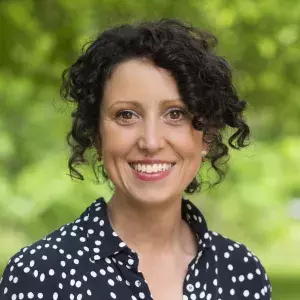
Dr Stefania Innocenti is a Senior Research Associate in Behaviour, Finance and Social Statistics at the Smith School of Enterprise and the Environment. She is also a William Golding junior research fellow at Brasenose College. Her main research areas are behavioural and experimental economics, institutional economics, applied econometrics.
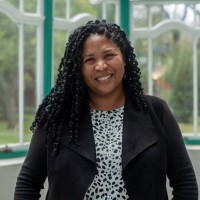
Stacey-Leigh Joseph is Head of Operations at the Southern Centre for Inequality Studies,University of the Witwatersrand. She is the former Executive Manager for Programmes at the South African Cities Network where she was responsible for leading a team of researchers developing content to support improved urban governance and management in South African cities. Her specific research focus areas over the past 15 years have been on issues related to land, human settlements, and urban development.
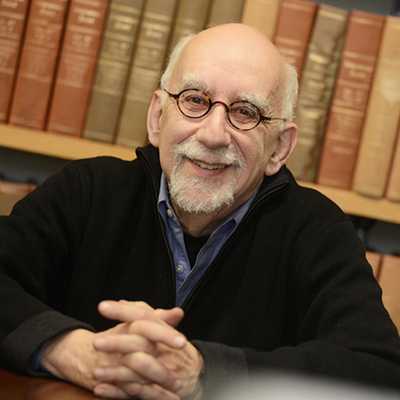
Ira Katznelson is Ruggles Professor of Political Science and History, and Deputy Director, Columbia World Projects. His 2013 publication Fear Itself: The New Deal and the Origins of Our Time was awarded the Bancroft Prize in History and the Woodrow Wilson Foundation Award in Political Science.
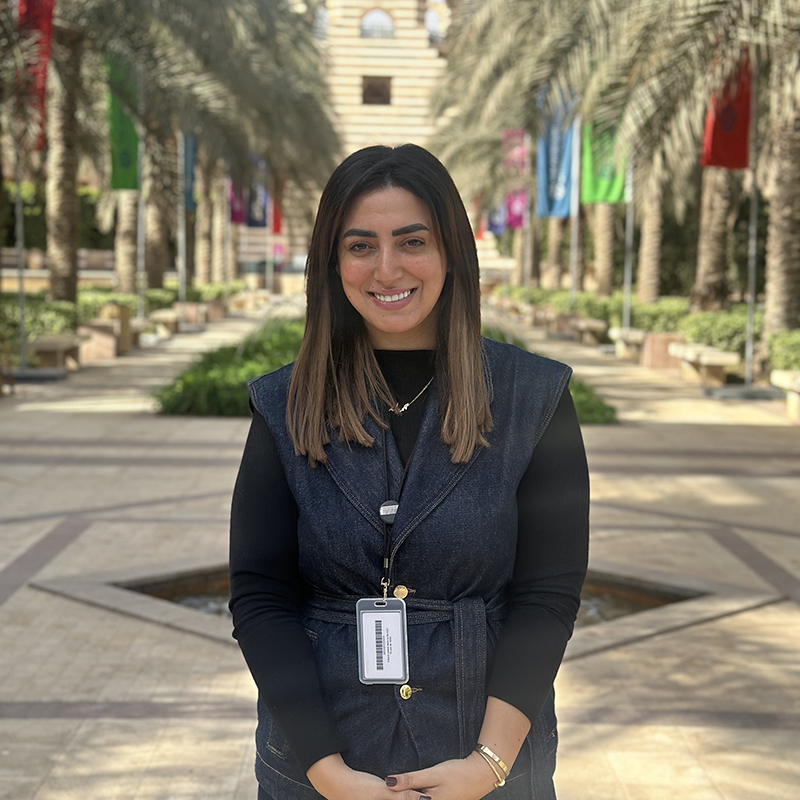
Reem Khattab is a communications professional with over 11 years of experience in marketing and digital media. She holds Master’s degrees in Digital Journalism and Television from the American University in Cairo (AUC) and in Marketing and Communications from Rome Business School.
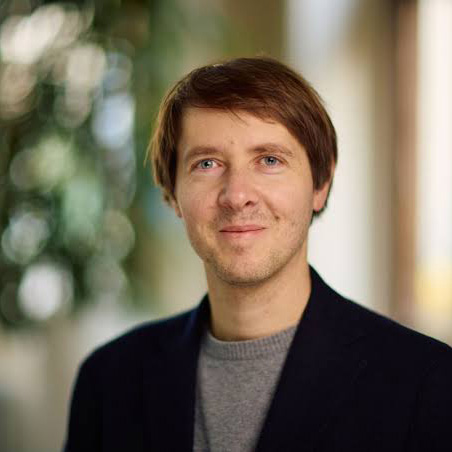
François Lafond, Institute for New Economic Thinking at the Oxford Martin School (INET Oxford) at Oxford University, is Deputy Director of the Complexity Economics group, Lead Researcher at the Smith School for Enterprise and the Environment, an Oxford Martin fellow, an Associate member of Nuffield college, and an External Faculty at the Complexity Science Hub in Vienna.
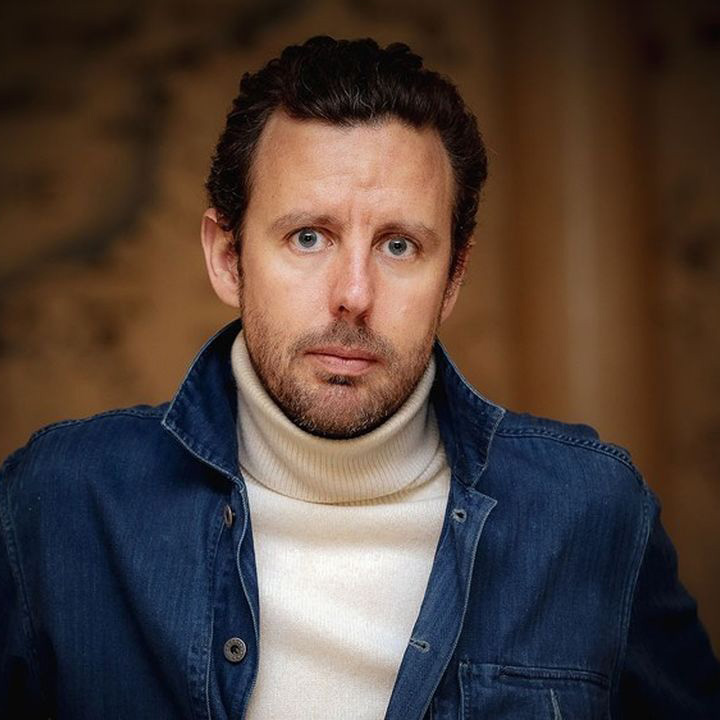
Camille Landais is a French economist who currently works as Professor of Economics at the London School of Economics. His research focuses on public finance and labour economics. In 2016, Landais was awarded the Prize of Best Young Economist of France for his research on the relationship between changes in inequality and fiscal and social policy.
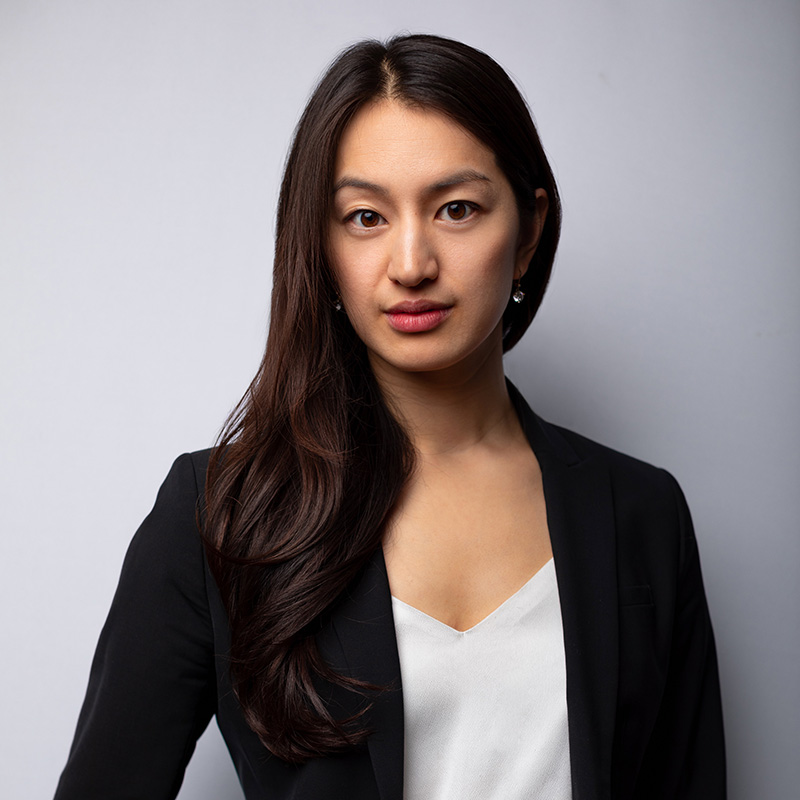
Glory Liu is the Assistant Director for the Center for Economy and Society and Assistant Research Professor at the SNF Agora Institute at Johns Hopkins University. Her research interests are in political thought and intellectual history, American politics, and political economy.
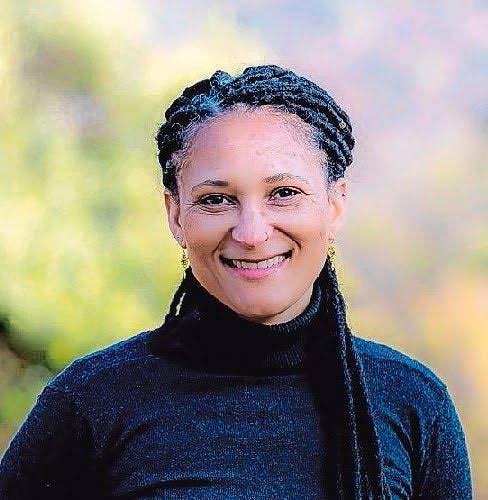
Thokozile Madonko is currently a researcher at the Southern Centre for Inequality Studies at the University of the Witwatersrand, managing the Public Economy Project. Using her master’s in political theory, she has worked in climate justice, development cooperation, and public finance, focusing on health financing, gender-responsive budgeting, national, subnational and parliamentary governance, transparency and accountability.
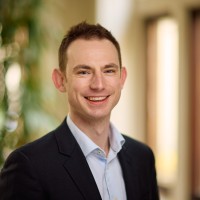
Jonathan Martin runs the outreach strategic communications programme at INET Oxford, which is aimed at improving the spread and impact of new economic ideas and informing more effective policies and practices. Based at the Manor Road building in Oxford, Jonathan welcomes contact from media, policy-makers and other communities interested in INET Oxford’s world-leading research.
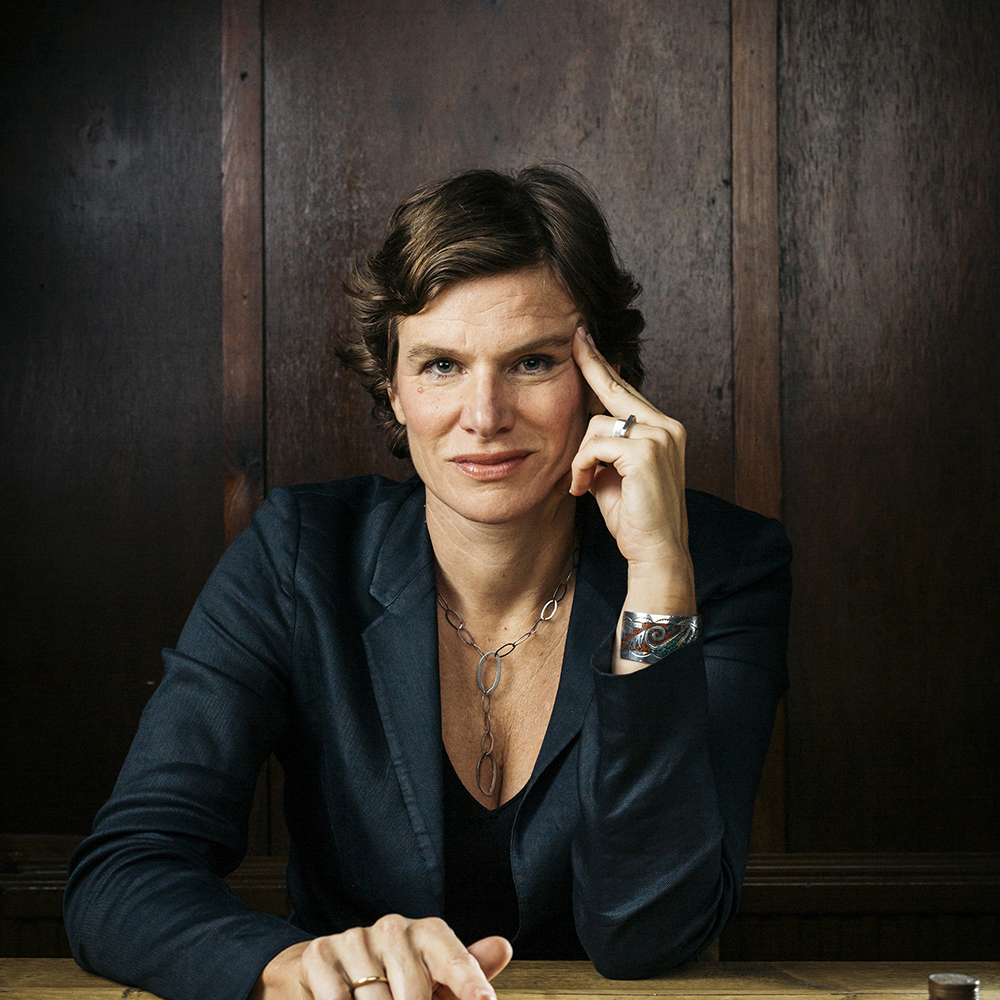
Mariana Mazzucato (PhD) is Professor in the Economics of Innovation and Public Value at University College London (UCL), where she is Founding Director of the UCL Institute for Innovation & Public Purpose. She is winner of international prizes including the Grande Ufficiale Ordine al Merito della Repubblica Italiana in 2021, Italy’s highest civilian honour, the 2020 John von Neumann Award, the 2019 All European Academies Madame de Staël Prize for Cultural Values, and 2018 Leontief Prize for Advancing the Frontiers of Economic Thought.
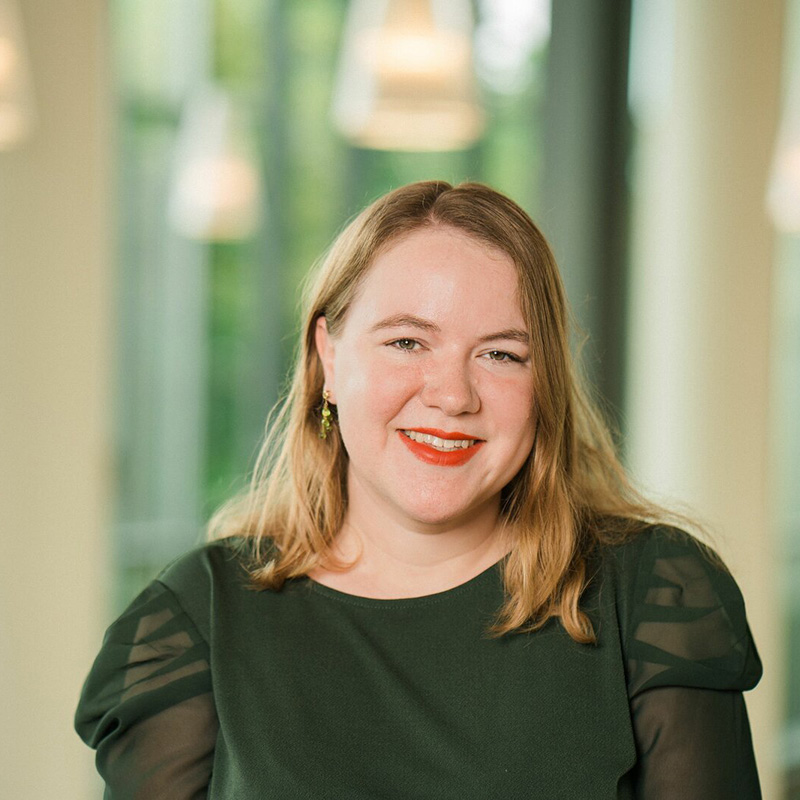
Kathryn Moffat works as the Director, Workforce Initiatives at Blueprint Labs. Prior to joining Blueprint Labs as the Assistant Director, Workforce Initiatives, Kathryn was the Senior Program Officer for Global Security and International Affairs at the American Academy of Arts and Sciences, where she managed the project on Rethinking the Humanitarian Health Response to Violent Conflict and developed potential new Global Security projects.
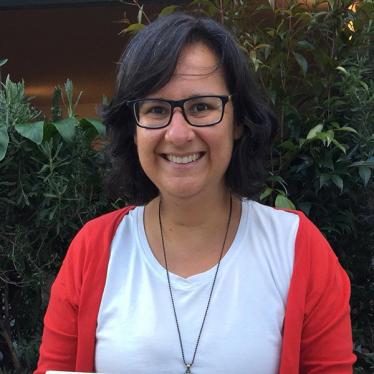
Silvia Mongelos of the Teaching and Researching Equitable Economics from the South (TREES) – University of the Andes, Colombia, holds a degree in International Relations and a Master’s degree in Economics from the National Autonomous University of Mexico (UNAM). Her expertise lies in the management and execution of international cooperation programs and projects.
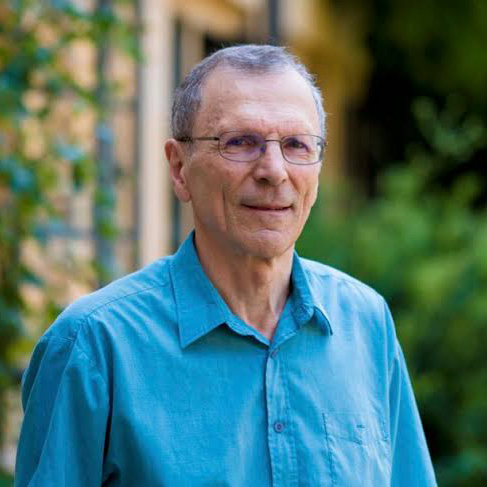
Professor John Muellbauer is a Senior Research Fellow of Nuffield College, Professor of Economics and a Senior Fellow of the Institute for New Economic Thinking at the Oxford Martin School, Oxford University. He is a Fellow of the British Academy, of the Econometric Society, of the European Economic Association and a CEPR Research Fellow. Before coming to Nuffield College in 1981, John was Professor of Economics at Birkbeck College, London, and Lecturer at Warwick University.
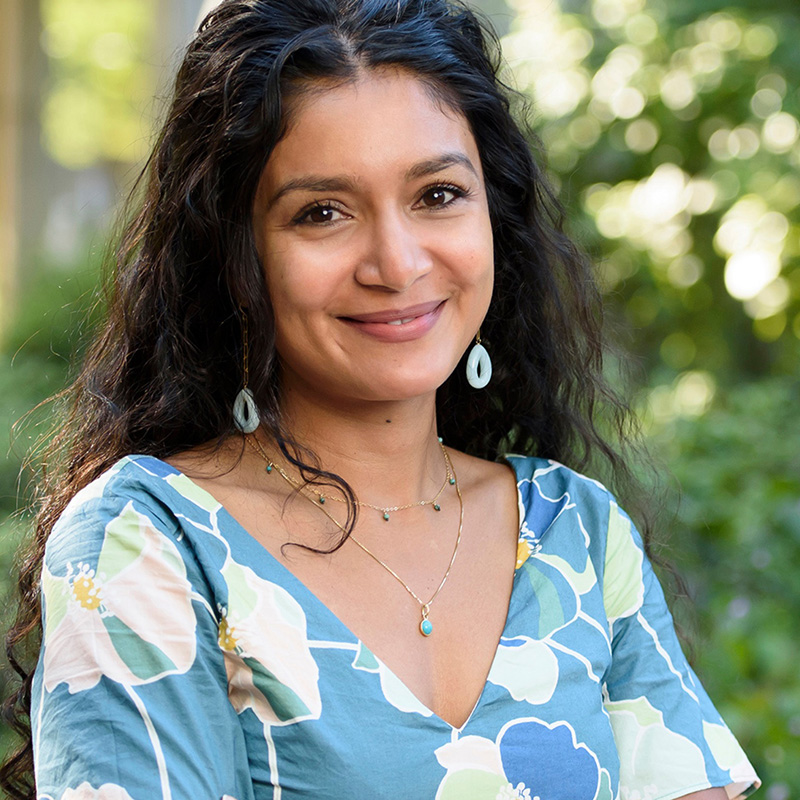
Fathimath Musthaq is a visiting Assistant Professor of Political Science at Reed College, OR. Her research interests are in central banking, the politics of finance and financialization, natural resources, colonial legacies and development. She has a PhD in political science from Indiana University Bloomington and has published in New Political Economy, The Review of International Political Economy, The Review of African Political Economy and the Journal of Democracy.

Sonal Raghuvanshi (New Political Economy Initiative at the Centre for Liberal Education – India Institute of Technology – Bombay) is based in India and, among other things, leads Research & Strategy at Economists for Future International. Her frustration with economists missing granularity for the sake of computational simplicity (like damage functions), uncritical use of data, bad assumptions, spurious linkages, flawed analysis, and wrong conclusions from the mainstream canon is what brought her to this space.
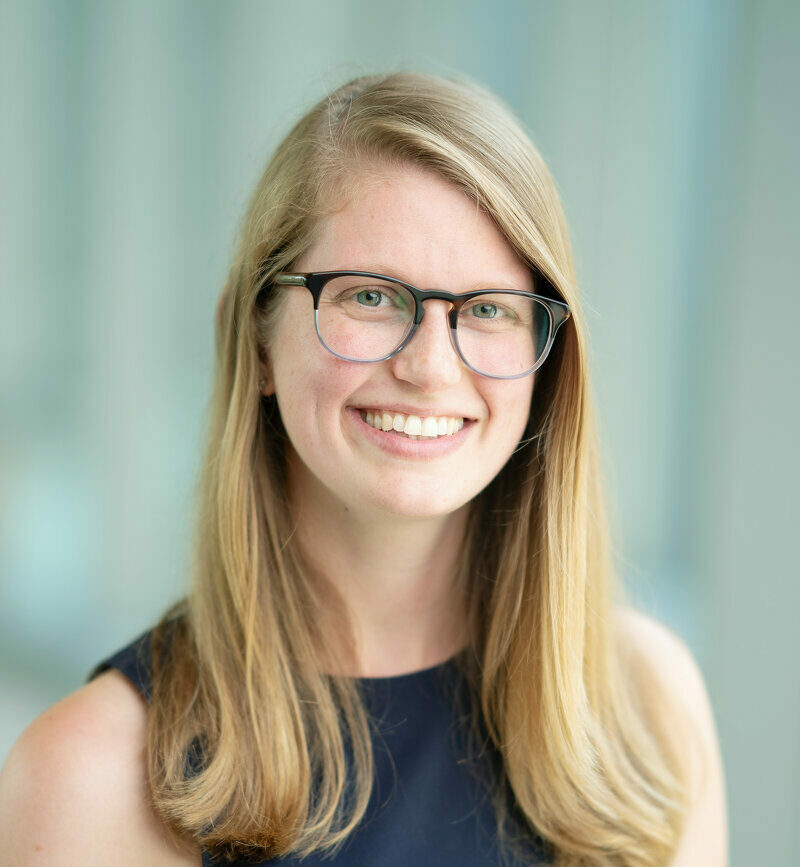
Julia Regier is the Program Manager, Workforce Initiatives and Policy Impacts at Blueprint Labs. She received her MBA from the Yale School of Management with a focus on nonprofit management and economic development.
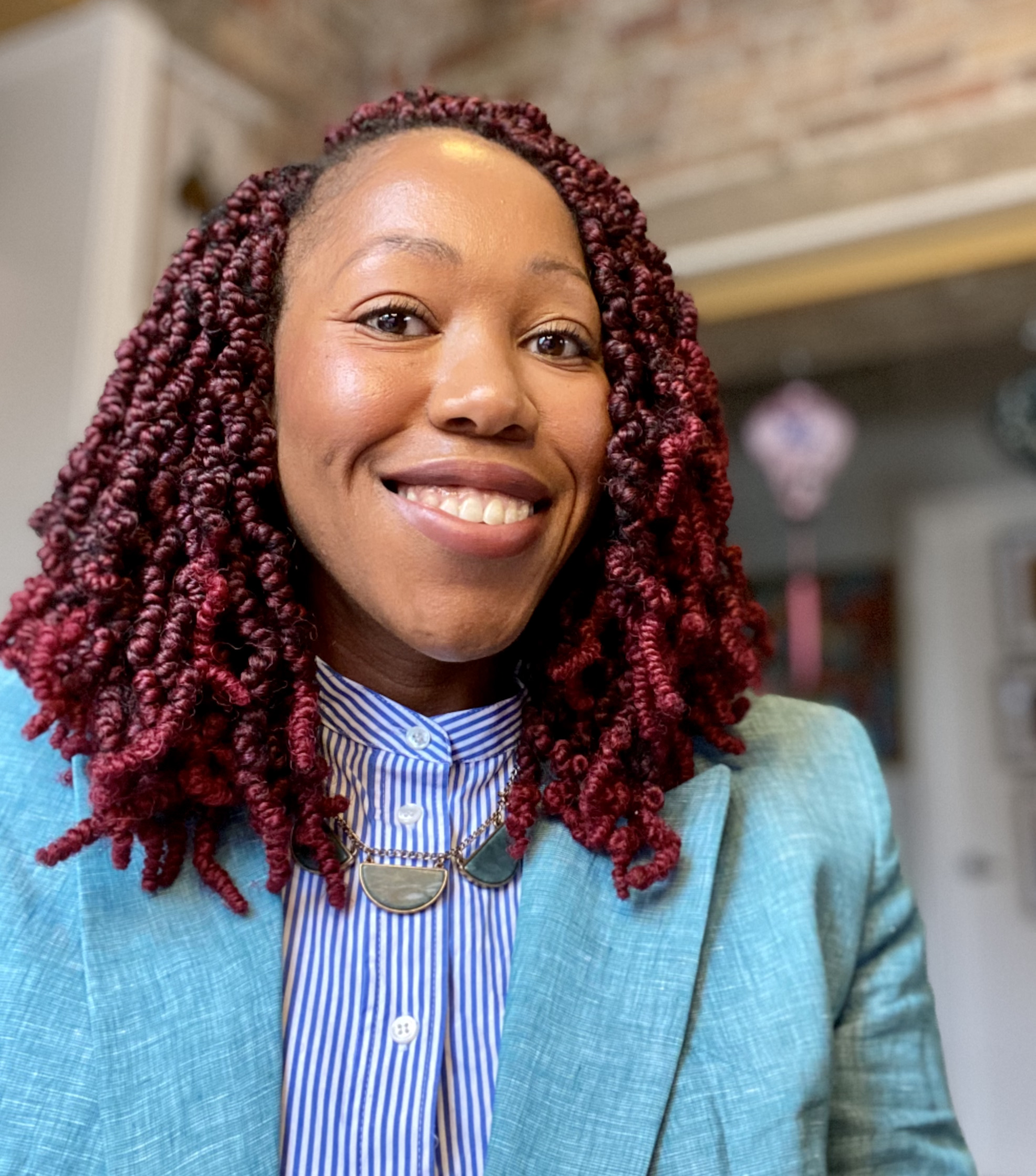
Rachel Reynolds is the Director of Organization Development for the Global Fund for a New Economy. She has more than 15 years of experience leading strategy and operations for nonprofit organizations, including as the Director of Strategy and Operations at the Obama Foundation, and as National Operations Director for Enroll America. Rachel has an MBA from the University of Chicago Booth School of Business.
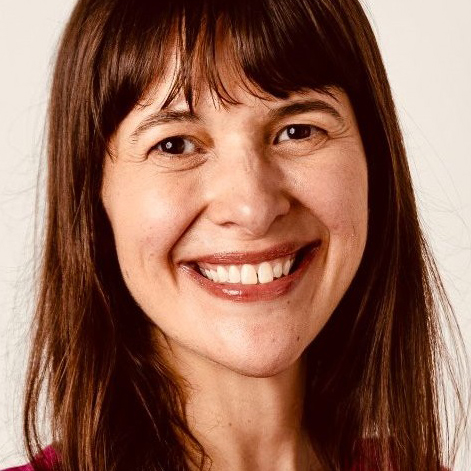
Camila Rocha is the Scientific Director of CCI/Cebrap. A PhD in Political Science from the University of São Paulo, she won the USP Thesis Award and the best doctoral thesis award from the Brazilian Political Science Association. A finalist for the 64th Jabuti Prize with the book Less Marx, More Mises: Liberalism and the New Right in Brazil, she also serves as Global Advisor for Our Common Home (Geneva), is a member of the board of the Instituto Democracia em Xeque (Democracy in Check Institute – São Paulo), and a columnist for the daily newspaper Folha de São Paulo.
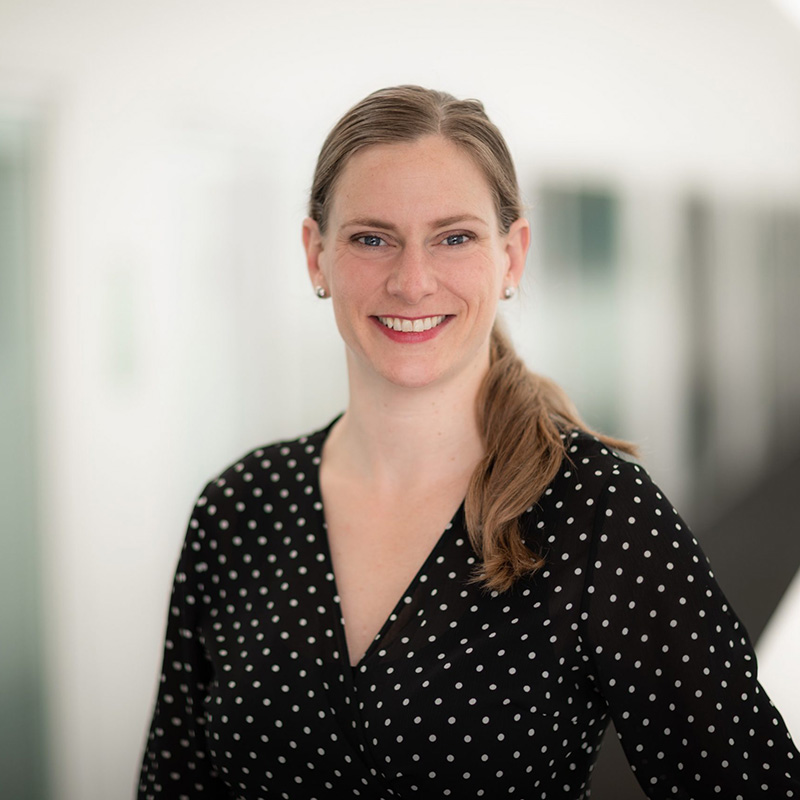
Dr Kate Roll is a political scientist at the Institute for Innovation and Public Purpose (IIPP), University College London. She is interested in vulnerability, with a particular focus on the factors that enable people to gain greater social, political and economic security. Her work asks questions such as: Who gets what after war and why? And who carries risk when corporations sell through the poor? Her multi-disciplinary work brings together politics, technology, business ethics, and development studies.
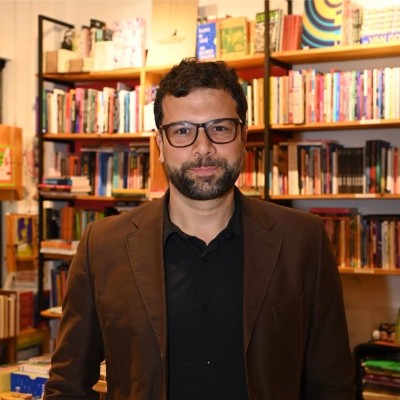
Pedro Rossi is Professor at the Institute of Economics at Unicamp (on leave), chief economist at the Global Fund for a New Economy and founder of Transforma Unicamp. He works in the areas of Brazilian Economy, Political Economy, Macroeconomics and International Economy and his research currently focuses on the exchange rate and exchange rate policy and the impacts of fiscal policy on human rights.
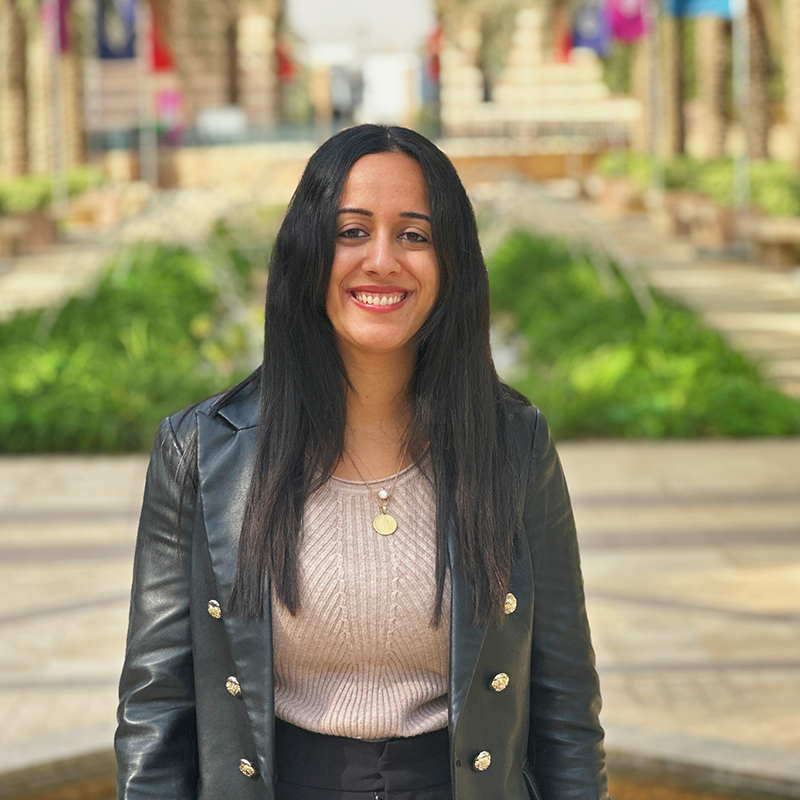
Mariam Salem, Project Manager at Pathways Beyond Neoliberalism: Voices From MENA,AUC, has a strong track record in project management within the sphere of international development. She holds a Master of Laws (LL.M.) in International and Comparative Law and a Bachelor’s degree in Political Science from the American University in Cairo (AUC), equipping her with a robust interdisciplinary foundation for leading teams and advancing strategic initiatives.
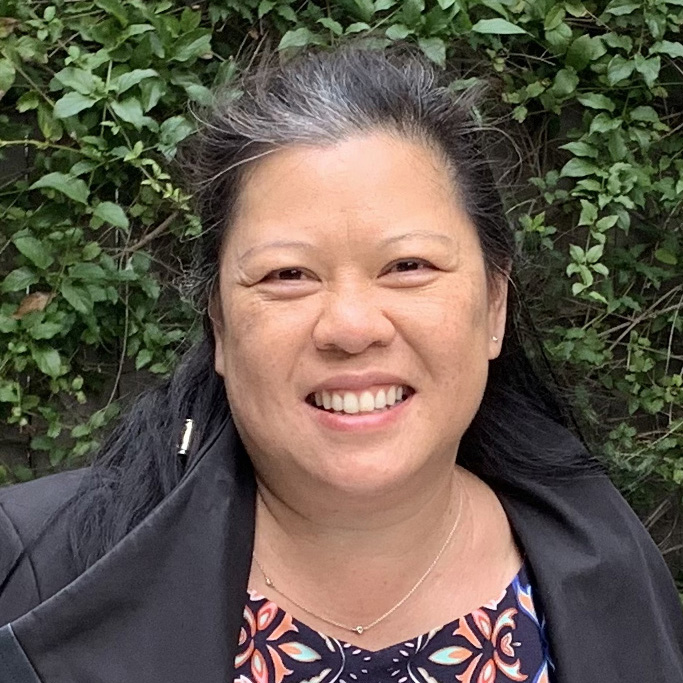
Eva Seto is the Administrator of GMS and the Graduate Student Advisor for the GMS Designated Emphasis Program as well as Associate Director of the Social Science Matrix and Associate Director of the Berkeley Economy and Society Initiative. Her education and many years of experience working in research institutes on the UC Berkeley campus provide Matrix with knowledge about the social-science landscape on campus, as well as the management skills to help successfully administer the programs, centers, and projects of Matrix. Eva earned her M.A. and B.A in Economics from UC Berkeley.
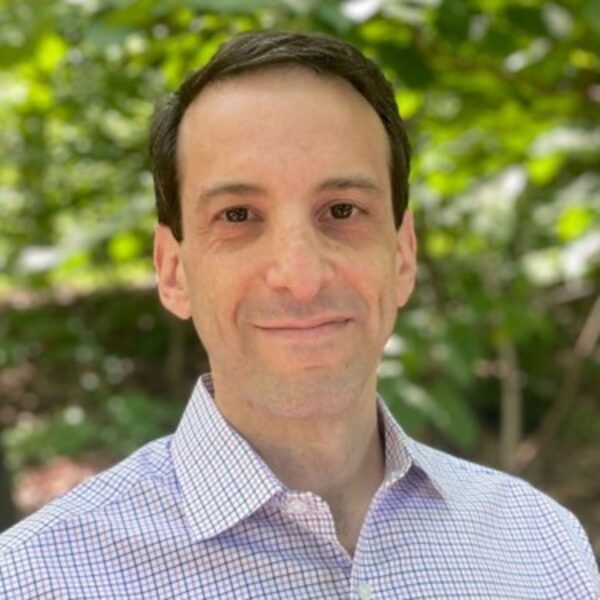
Peter Spiegler is a program officer with the Hewlett Foundation’s Economy and Society Initiative, which seeks to replace neoliberalism with a new “common sense” about how the economy works and the aims it should serve. Prior to joining Hewlett, Peter was a Senior Researcher at the New Institute of Political Economy, where he focused on industrial policy and the history of the state’s shaping of markets in the United States. He was also previously an assistant professor of economics at the University of Massachusetts-Boston and University of Massachusetts-Amherst, where his academic research focused on economic methodology and the philosophy of economics.
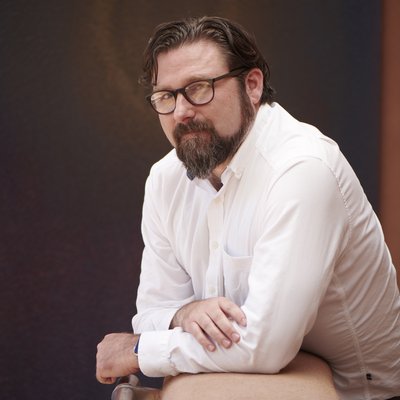
Will Tracey is the Santa Fe Institute’s Vice President for Applied Complexity, and works to bring applicable insights from complexity science to the world of practice. He also connects SFI researchers with non-academic datasets, insights, and funding. Towards these ends, Will is deeply involved in developing blended communities of scholars, practitioners, and students and serves as the PI on Project ARCH.
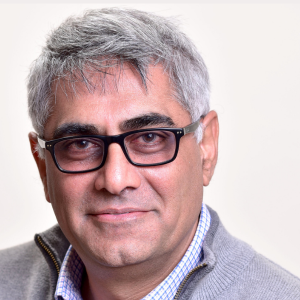
Professor Imraan Valodia, is Professor of Economics, Pro Vice-Chancellor: Climate, Sustainability and Inequality, and Director of the Southern Centre for Inequality Studies, University of the Witwatersrand, Johannesburg (Wits). His research interests include: inequality, climate justice, competition policy and industrial development and employment in developing countries.
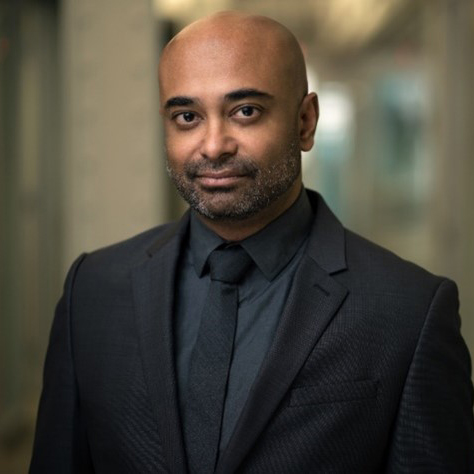
Robin Varghese is Associate Director for Economic and Climate Prosperity at Open Society Foundations (OSF). Since joining OSF in 2016, he has played a key role in shaping many of its programs on economic and climate justice, from designing the inaugural strategy for the Economic Advancement Program to leading corporate accountability efforts in the Economic Justice Program. He also spearheaded climate finance and corporate accountability work within OSF’s Climate Justice team.
